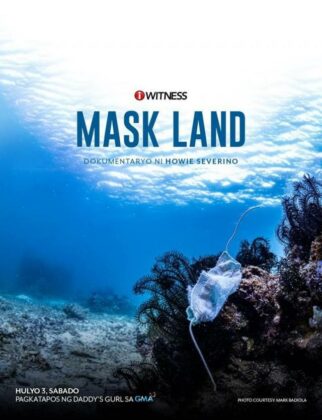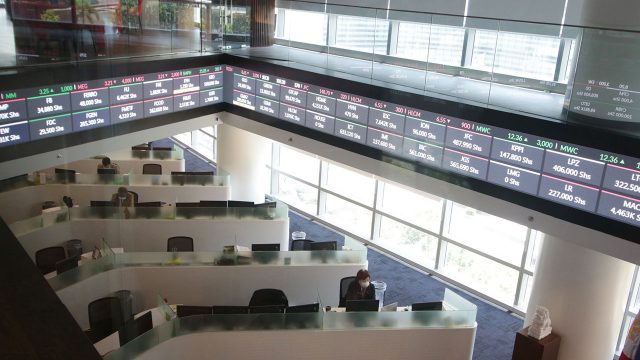I’m a fresh college graduate looking for a job with reasonable pay and perks. After two months of applying, I received an offer from a small company. I’m delaying acceptance because of negative feedback from some friends who want to resign from that company. Please help me to decide. — Morning Dew.
Job hunting is a lonely and a frustrating process. That explains your interest in accepting an offer that looks attractive at first glance. You were forewarned by your friends. Don’t ignore them. Instead, focus on major companies that provide you stability, overall satisfaction and long-term career prospects.
Small businesses don’t have the capacity to pay good money and benefits, unlike major companies that are interested in maintaining a loyal and highly-motivated workforce. Many of these small companies have a faulty recruitment process and management policies that could victimize fresh graduates.
Therefore, aim high. The higher, the better. Choose only major companies that will train you properly in the first few years while giving you reasonable pay and benefits.
Give yourself more time — a few more months to apply for a job at those big companies. Even if they don’t accept you, their stringent hiring process could give you sufficient confidence to pass the scrutiny of other employers.
TEN RED FLAGS
You didn’t explain the negative feedback given by your friends. But I know a lot of these unprincipled employers. Usually, they’re small businesses that will not hesitate to do the following:
One, their workforce consists of at least 20% temps. The worst employers have about 50-90% contractual employees supplied by manpower agencies and cooperatives. These workers are assigned to jobs that are defined by the Labor Code as “necessary and desirable” and therefore, should be considered regular jobs.
Two, they have at least a 20% attrition rate. Many of their regular workers resign because of toxic management style, inadequate compensation, and poor working conditions. One exception is the business processing outsourcing industry, where workers are worn down by unconventional hours and handling angry customers.
Three, they rely on verbal employment agreements. There’s no contract or pay slips. Even if there is a contract, they don’t give out copies to workers. They also pay online. This raises the likelihood that the employer is unprincipled enough not to pay statutory benefits or delay paying them.
Four, they bribe labor inspectors and government officials. It’s difficult to prove this. But the perception is strong around the industry. The only visible evidence is little improvement after inspections. Also, unprincipled employers are confident enough to challenge complainants to bring the matter to court, secure in the knowledge that such people can’t afford protracted litigation.
Five, they have at least five pending labor and civil cases. Many unprincipled employers are often brought to court even for minor issues like the non-payment of terminal benefits of resigned workers and the delayed issuance of the employment certificate and clearance. If they can commit minor offenses like these, what more with bigger issues?
Six, they don’t pay regular overtime (OT) premiums. They require people to act like team leaders or “supervisors” for an average of 10 hours a day and pay only a monthly allowance on top of their base pay, which when computed would be much lower than if overtime rates applied.
Seven, they require people to sign onerous “training” bonds. Unprincipled employers charge exorbitant “damages” to discourage workers from resigning. The bond is required even if there was no formal “training” was conducted. If any, such sessions were likely at no cost. One example is when speakers offer their services for free, such as financial literacy seminars conducted by those selling insurance.
Eight, they charge workers for uniforms and shoes. Also, unprincipled employers demand payment for personal protective equipment via salary deductions, in defiance of clear-cut rules against such practices. They’re doing it in the hope that workers fearing for their job security do not complain.
Nine, they dismiss probationary workers on their fifth month. Bad employers do this even in the absence of objective performance standards and evaluation. Also, they use pretexts like “bad attitude” to terminate employees.
Ten, they whitewash complaints against top executives. These cases may include sexual harassment and bribery of government officials. Likewise, they employ unprincipled lawyers to force complainants to accept cash settlements in exchange for dropping complaints, or resort to protracted litigation, which many workers can’t afford.
This list is not complete. Where there’s smoke, there’s fire. Let me repeat myself: Focus on applying for a job with major companies. Give yourself more time. If you’re committed to your success and are self-confident, you will realize that job hunting must not be done for the sake of job hunting.
Have a chat with Rey Elbo via Facebook, LinkedIn or Twitter or send your workplace questions to elbonomics@gmail.com or via https://reyelbo.consulting






















